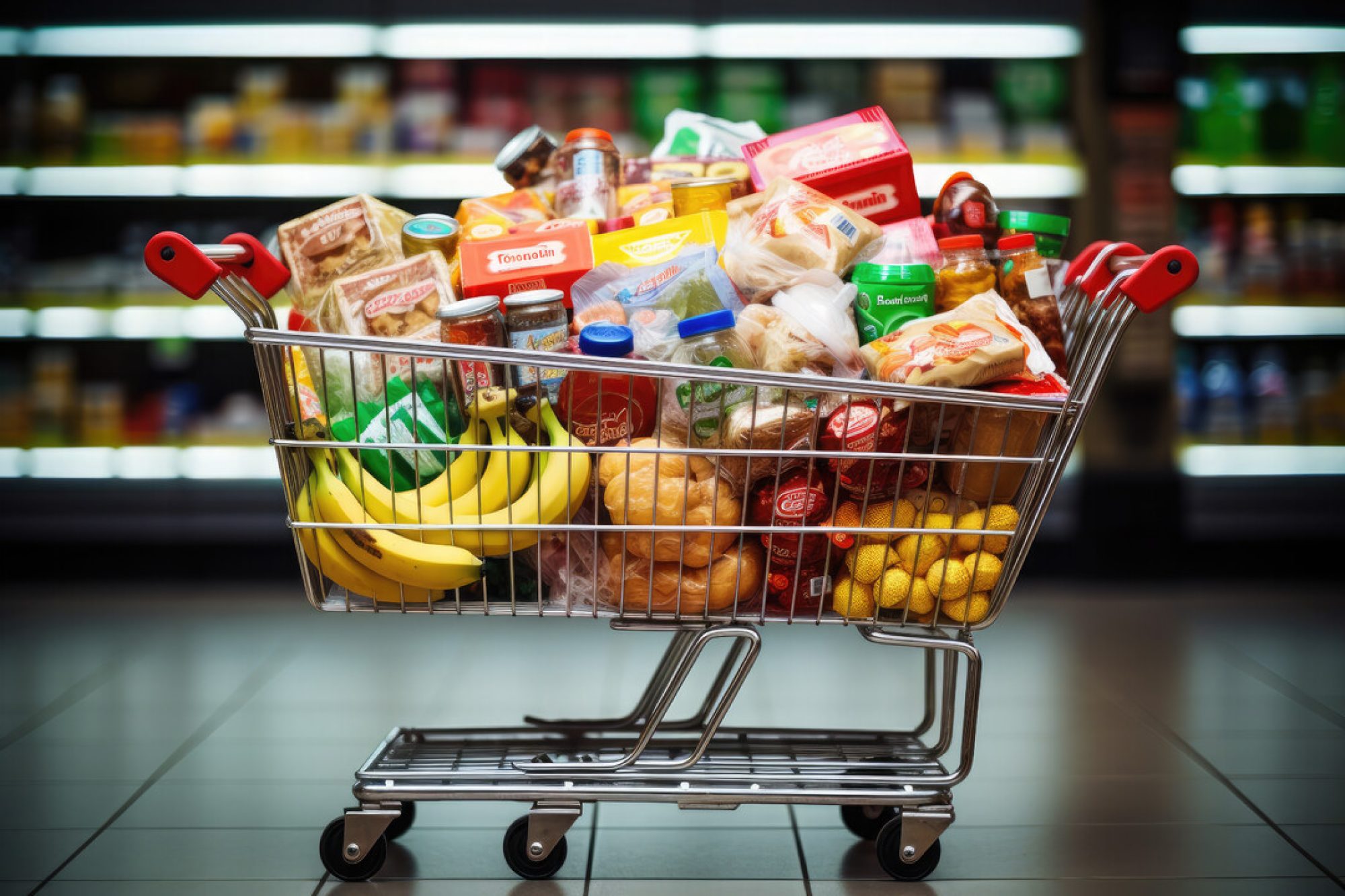Work Accomplished:
This week, I was able to complete component and system testing for the device at Aldi’s. I confirmed that the device can be attached and sit securely onto the shopping cart handlebar and the barcode is accessible to the user. We tested the full integrated system by scanning items in the store and receiving real-time updates in the app.
Progress Status:
We are currently on track as per our schedule. Now, we are working on final documentation.
Next Week’s Goal:
- final poster, report, video demo




